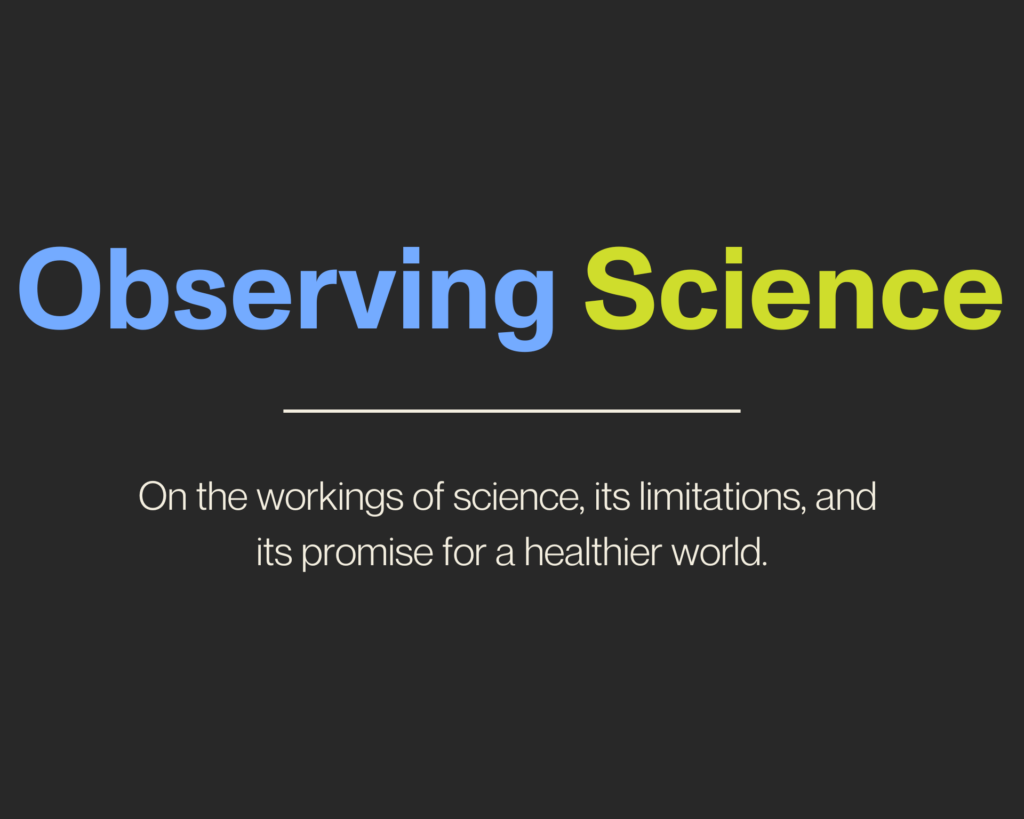Boston’s Housing Waitlists: Lengthy Lists, Tentative Tenants
In Boston, rising rents are forcing poor individuals and families to wait for affordable housing, with the average waitlist time being around 3 years.

Read Time: 4 minutes
Published:
Finding a home in Boston is wicked hahd. A lot of people want to live here, but options are limited and prices are high and continue rising. Median home prices in the Boston area currently hover around $900,000 and median rent prices for a 1-bedroom apartment are twice the national average, at about $3,000 per month.
The city’s housing shortage has been bogged down by restrictive zoning laws, which keep wealthier areas zoned for single family homes. Lower-income households are not making enough to handle market rates to afford these homes, let alone keep up with the rising rent prices across the city. As luxury housing expands, affordable options shrink. And areas of the city that newly gentrify keep out renters who cannot keep up with the cost of living.
Options are especially bleak for the poorest. There is subsidized housing, where individuals receive rental assistance from the government and pay part of (up to 30 percent) of their rent using vouchers, but this process involves its own set of challenges. Getting a Section 8 Housing Choice Voucher starts with filling out a lengthy application. Once reviewed and approved, applicants are added to a waitlist for a place that will accept them that also fits their budget and space needs.
Section 8 waitlist length has increased dramatically in recent years due to decreases in housing stock and growing numbers of applicants. The Boston Housing Authority receives over 10,000 new applicants every year. In July of 2023, an estimated 37,000 people were on the waitlist; by the fall, that number increased to over 42,000.
The uncertainty of housing in the Boston area underscores the urgent need for reform in zoning policies and increased affordable housing options.
In addition to a high volume of waitlisted tenants, a longer wait time has also become problematic. HousingWorks, an advocacy organization based in Boston, examined average and longest waitlist times and found a connection between waitlist times and income, outside of Section 8. In Boston, the median income for a household is a salary of around $80,000; these households do not have to wait very long for housing. Those living below 60% of area median income are forced to endure more waiting.
In the 1990s, the waitlist to get housing through government subsidies was about 6 months. But since 2016, the average waitlist time has been around 3 years. Even older adults, who are normally prioritized are now waiting more than a year. Some applicants have waited over a decade before getting a place to live.
Beyond the frustration, waiting for housing also contributes to health problems. Not having a stable place to live can lead to harder times accessing health care and to poor health outcomes, food insecurity, and chronic stress. Working against these challenges, programs like The Boston Foundation’s Health Starts at Home engaged housing counselors with struggling families, financially supported rent payments, and offered free advice and support through local housing and health-care organizations for best housing options. In a survey of over 200 families involved in this initiative, 37% reported stress over eviction and foreclosure and 60% reported depression at the time of enrollment. After being connected to the program, these numbers dropped significantly. Visits to pediatric emergency departments were also reduced by 50%.
Still, wait times are at an all-time high and there are not enough city resources to meet citizens’ needs. The uncertainty of housing in the Boston area underscores the urgent need for reform in zoning policies and increased affordable housing options. A recent 47 million dollar award from the U.S. Department Housing and Urban Development to the City of Boston holds promise, but improvements remain a persistent challenge.
Photo via Getty Images



